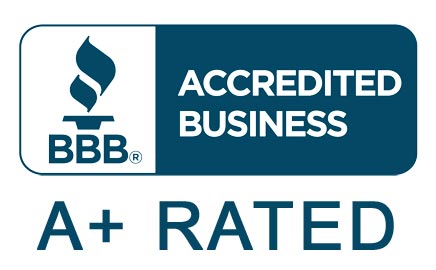(PHOENIX) – The automotive industry is dealing with record numbers involving new and used vehicles. In September, the average price of a new vehicle hit an all-time high at $45,031, up 12% from a year ago. And, for the first time, the average age of a used vehicle has topped 12 years.
An October 2021 report by Kelley Blue Book says, “As long as new-vehicle inventory remains tight, we believe prices will remain elevated.”
The skyrocketing price of new vehicles is one reason the average age of used-vehicles is now 12.1 years, according to IHS Markit. In 2020, the average was 11.9 years. In 2002, it was 9.6 years.
The rise in people working from home has contributed to fewer people buying new vehicles. IHS Markit’s research finds a 13% reduction in miles traveled between 2019 and 2020.
Automotive News recently reported on a IHS Markit forecast that the industry will not enter a recovery phase until the first half of 2023. That could mean even more people will hold onto older vehicles. In the past, many vehicles weren’t expected to last more than 100,000. Now, when properly maintained, cars can run 200,000 miles or more.
Your Neighborhood Auto Repair Professionals (NARPRO) can talk about what’s happening in the industry and help consumers contemplating vehicle repairs or replacements.
Crunch Numbers
- Conventional wisdom says if the cost of the repair plus the value of your car is less than the car’s value after the repair, then it makes sense to replace. For example, if your car is worth $5,000 and the repair will cost $1,000 then you’ll want the car to be worth $6,000 after the repair. A trusted certified mechanic can help determine how much a repair will add to your car’s value.
- But there’s more to consider, like whether you owe money on the car and how often you’ll need future repairs.
- A newer, more fuel efficient car will generally save you money on gas and need fewer repairs but insurance and registration fees will be higher. Plus you may have a new or higher monthly payment.
Consider Time
- Repairing will give you time to research options and save for another vehicle (preferably a used one that has been checked out by a certified mechanic).
- Finding a buyer for a car that needs significant repairs can be challenging.
- Take into account how often your car will be at the shop and how it will impact your daily life.
Sentimental attachment
- Money aside, if the idea of replacing your car makes you feel like you’d be losing a good friend then repairing may be the best route.
- If the vehicle doesn’t fit your lifestyle, consider letting someone else invest in the repair.
If you decide to repair:
- Get quotes from reputable mechanics. Ask for a breakdown for parts and labor.
- After consulting with a certified mechanic, determine what repair(s) can wait. Focus on the highest priorities, with safety coming first. Once you find a trusted mechanic stick with that person or shop to maximize the relationship –and savings.
- Do it yourself. Maybe you don’t want to tackle an oil change but changing an air filter is one of the easiest replacements on your car. Ask your trusted mechanic for other suggestions and check out tutorials online – but be sure to do your research follow all safety precautions.
NARPRO (Neighborhood Auto Repair Professionals): The Neighborhood Auto Repair Professionals (NARPRO) helps car owners find skilled and honest car repair shops. NARPRO only recommends independent, family-owned, full-service auto repair shops that have passed 26 rigorous tests. Visit www.NARPRO.com to find recommended shops near work or home. NARPRO is the easiest way to find an honest mechanic in the Valley.






